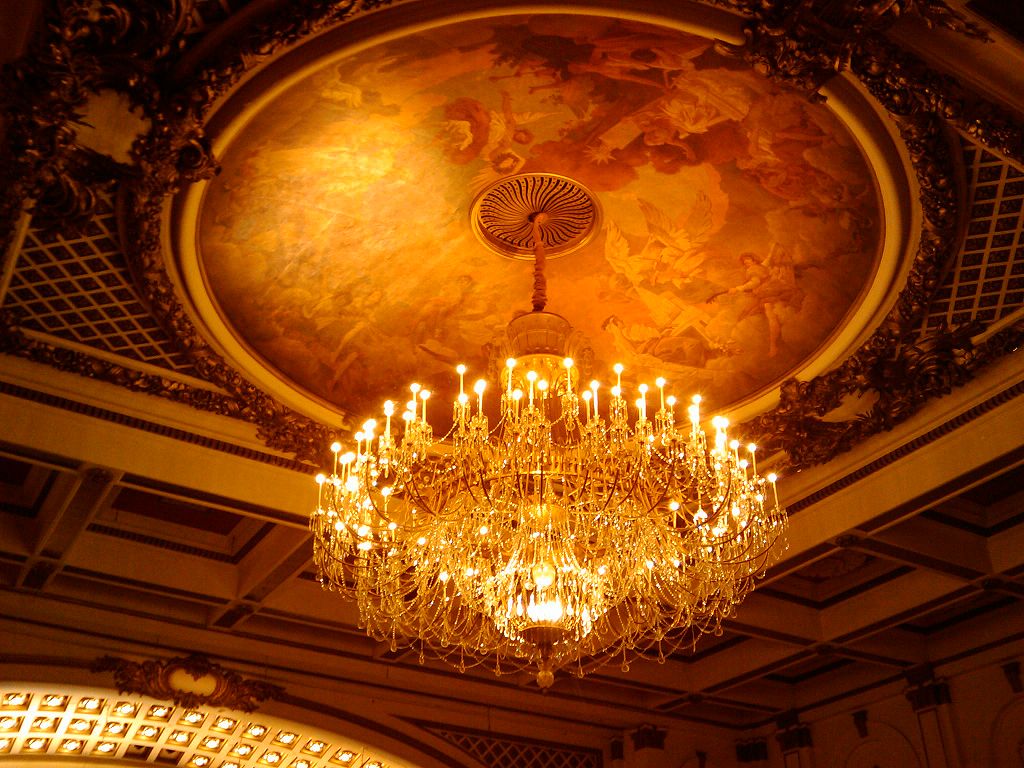As music becomes increasingly accessible in the digital age through means such as Spotify, traditional live-music presentations of classical music have taken a bit of a beating. Even long-standing, socially prominent venues have recently faced financial turbulence. In 2014, the Metropolitan Opera found itself in a $22 million deficit due to shortcomings in both its ticket sales and donor contributions. Desperate to attract more audiences in order to keep afloat, the greatest modern minds in classical music have been forced to rethink how to market classical music to make it consistently appealing to a broad range of audiences. In the process, ethical questions have risen concerning the preservation of the art – is the integrity of classical music being sacrificed as the industry strive to create new events that will ignite new interest?

